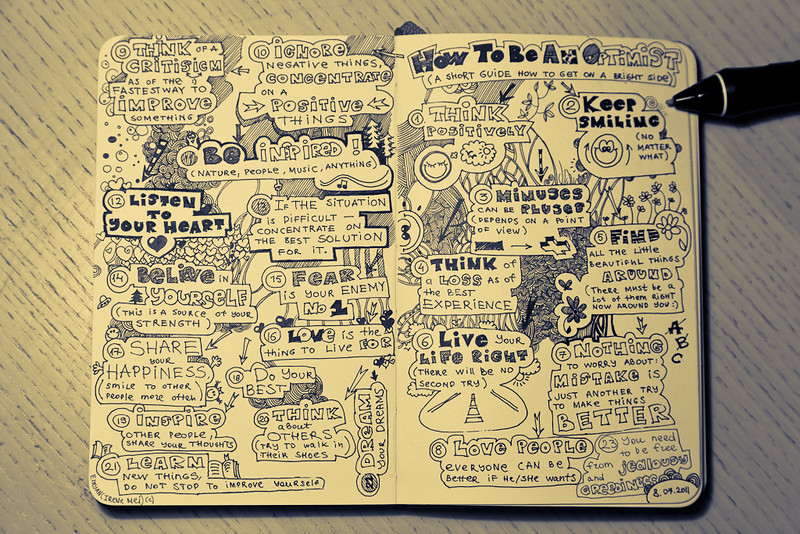Week 8: Research; Ethos, Logos, Pathos
Class Info
- Dates: Wednesday, 3/19, Monday, 3/24
- Meeting Info: Meeting Info: 11:30am-12:45pm in room N521
Objectives
- To read op-ed/opinion essays and find additional mentor texts
- To finalize plans for Project 2
- To consider research techniques and begin researching.
- To consider ethos, pathos, and logos as appeals to connect with an audience
- To discuss midsemester grades
- To continue reading Nella Larsen’s Passing
For Wednesday, 3/19
Reading
- Article: “TV’s Battle of the Binge: Why the Wait Can Be Worth It” by James Poniewozik. Student op-ed “OPINION: Weekly episodes are better than binge watching” by Olivia Franklin.
- Reading/Writing resource: Lateral Reading (Stanford History Education Group).
- Additional op-ed examples.
- Additional texts for research.
- Reading/Writing resource: “How to Write an OP-ED or Column” (Harvard Kennedy School Communications Program).
- Reading/Writing resource: “Op-ed Writing: Tips and Tricks” (The Op-ed Project).
- Novel: Passing by Nella Larsen, Part 1, Chapter 3
Writing
- Continue drafting your proposal and, if you’re up to it, your opinion essay to share on our site (posts with the category Project 2 Work).
- Share a glimpse into how it’s going at midsemester
- Discussion about Passing, Part 1, Chapter 3: about passing, the N word, and discourse communties. And also, what it’s like reading something uncomfortable.
In Class Wednesday, 3/19
- Looking at how it’s going at midsemester
- NYT video op-ed: “Greta Thunberg Has Given Up on Politicians”
- this makes us want to think more about what politicians are doing, also what has happened in our environment in the last 4 years since the video–makes us want to do research!
- how is this text an opinion essay?
- argument: we’re running out of time to stop irreversible damage to the environment
- begins and ends with the strikes–and ends with a call to action
- details to support her thesis: research, data, citing experts
- counterpoint? maybe her statement about congratulations and that’s not what should be happening.
- how she positions herself as someone to listen to or not
- what might you want to borrow from it?
- how she uses a relatable example
- what are you passionate about? what can you write about with knowledge or authority?
- Drafting proposals
- what topic can you address with authority?
- what do you know about this topic?
- what do you want to know about this topic?
- What have you learned about your topic?
- how do you gain that authority?
- Reviewing proposals–in groups, and as a class
- Freewriting, brainstorming, and drafting
- Finding op-ed models or mentor texts
- What kind of research do you need to do?
- Reading/Writing resource: “Sort Fact from Fiction with Lateral Reading” (Stanford History Education Group). If you like this video, you might also want to watch “How to Use Wikipedia Wisely” from the same group.
- date relevance
- topic relevance
- who wrote it, what organization or author
- What search terms can you use for your research? What feedback does your group have for you to get you started researching?
- What sources are you finding? Look for a discussion post asking you to share these on our OpenLab site before our next class.
- Reading/Writing resource: “Sort Fact from Fiction with Lateral Reading” (Stanford History Education Group). If you like this video, you might also want to watch “How to Use Wikipedia Wisely” from the same group.
- Continue researching for Project 2
For Monday, 3/24
Reading
- Reading/Writing resource video: “Ethos, Pathos & Logos” (Texas A&M University Writing Center).
- Reading/Writing resource TedEd video: “How to use rhetoric to get what you want” by Camille A. Langston
- Reading/Writing resource TedEd video: “What Aristotle and Joshua Bell can teach us about persuasion” by Conor Neill
- Research for Project 2
Writing
- take notes and annotate while researching
- work on your draft of Project 2
In Class Monday, 3/24
- Noticing in our new room, N522:
- maybe good maybe not
- What are ethos, pathos, and logos?
- pathos: makes us think about empathy, connecting with the audience emotionally; pathos uses emotions such as sadness or pity as a call to action, like when you see commercials with sad animals that try to get you to care, feel guilty–other emotions, too, like happiness, feeling seen or heard, connection.
- ethos has to do with persuading someone by gaining their trust using your position of status or authority, experience. that makes you convincing because you know more about it that others, so you are a credible source
- logos appeals to the audience’s reasoning, with logical arguments. Could be in your thesis statement and more so in support for the thesis statement with evidence, facts, data
- where do we find these appeals in the op-eds we’ve read?
- where do we find these three appeals in New York Times op-ed “TV’s Battle of the Binge: Why the Wait Can Be Worth It” by James Poniewozik? What about in the Indiana Daily Student op-ed “OPINION: Weekly episodes are better than binge watching” by Olivia Franklin?
- is there anything else you want to point out or ask about them as you prepare to write your own?
- in groups of 4, discuss your answers to these questions.
- incorporating ethos, pathos, logos into our op-eds
- what kinds of appeals do we want to make in our op-ed?
- how/when/where etc
- How do we convince or persuade someone? look at Passing, pages 123-131. How does Irene convince Clare of the details of the event she’s planning, and how does Clare convince Irene to let her come?
- bottom of 123 “She hung up” to the bottom of 125
- bottom of 125 to bottom of 127
- 128-top of 131 “She gave in”
- top of 131 “She gave in” to last full paragraph on 131.
- What is a thesis statement
- in an opinion essay, the thesis statement doesn’t necessarily come in the first paragraph
- also, the thesis statement in an opinion essay might not be as direct as in an academic essay
- the thesis statement isn’t a question–it’s a statement
- the thesis statement will express the opinion or claim you’re making in the opinion essay.
- Use our resources to draft the opinion essay
- Reading/Writing resource: “Developing Strong Thesis Statements” (Purdue OWL).
- Reading/Writing resource: “Thesis Statements” (Purdue OWL).
- Reading/Writing resource: “How to Write an OP-ED or Column” (Harvard Kennedy School Communications Program).
- Reading/Writing resource: “Op-ed Writing: Tips and Tricks” (The Op-ed Project).
- Researching for Project 2
Photo Credit: “Light Writing” by Liji Janaraj via Flickr under the license CC BY-SA 2.0 Deed.










Recent Comments